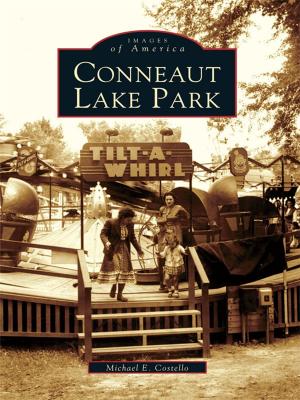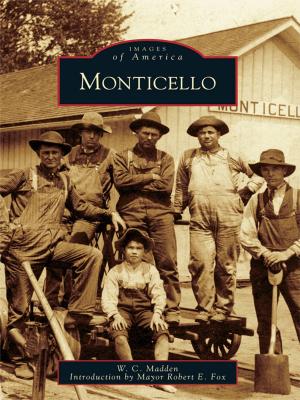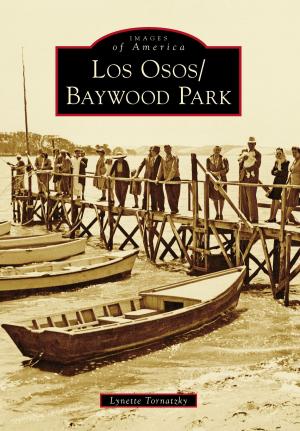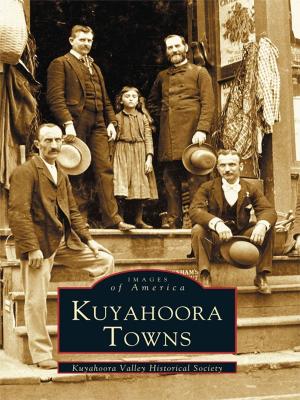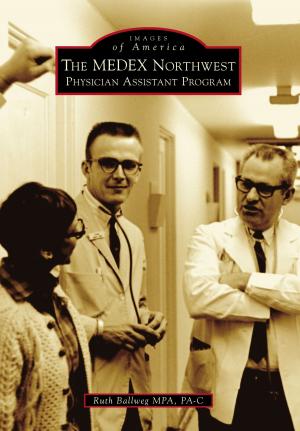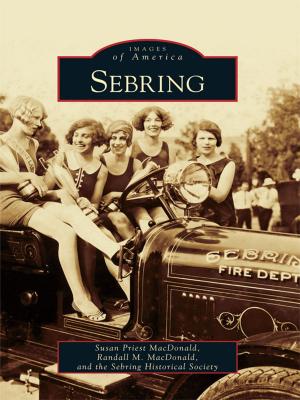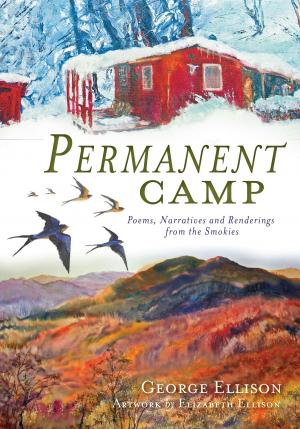| Author: | Clyda Reeves-Franks | ISBN: | 9781439653418 |
| Publisher: | Arcadia Publishing Inc. | Publication: | August 31, 2015 |
| Imprint: | Arcadia Publishing | Language: | English |
| Author: | Clyda Reeves-Franks |
| ISBN: | 9781439653418 |
| Publisher: | Arcadia Publishing Inc. |
| Publication: | August 31, 2015 |
| Imprint: | Arcadia Publishing |
| Language: | English |
Pawnee County is unique among Oklahoma's counties. It represents a microcosm of the state's culture and heritage. Like Oklahoma, Pawnee County is divided in half by the cross timbers: to the east are woodlands and lakes, and to the west are the short grass country and the Great Plains. The eastern half of the county was a part of old Oklahoma Territory and is filled with lake homes that serve as a bedroom community for Tulsa, while the legacy of the Wild West lives in western Pawnee County, home of the Pawnee Bill Memorial Rodeo. A vibrant agriculture and cattle economy made the county an economic center of the Oklahoma Territory. Then came oil and a rush of fortune seekers. Thousands of wells produced millions of dollars in black gold, as tens of thousands of oilmen rushed to the region, along with gamblers, con men, prostitutes, bootleggers, and other ne'er-do-wells. From this colorful legacy, modern Pawnee County emerged.
Pawnee County is unique among Oklahoma's counties. It represents a microcosm of the state's culture and heritage. Like Oklahoma, Pawnee County is divided in half by the cross timbers: to the east are woodlands and lakes, and to the west are the short grass country and the Great Plains. The eastern half of the county was a part of old Oklahoma Territory and is filled with lake homes that serve as a bedroom community for Tulsa, while the legacy of the Wild West lives in western Pawnee County, home of the Pawnee Bill Memorial Rodeo. A vibrant agriculture and cattle economy made the county an economic center of the Oklahoma Territory. Then came oil and a rush of fortune seekers. Thousands of wells produced millions of dollars in black gold, as tens of thousands of oilmen rushed to the region, along with gamblers, con men, prostitutes, bootleggers, and other ne'er-do-wells. From this colorful legacy, modern Pawnee County emerged.

